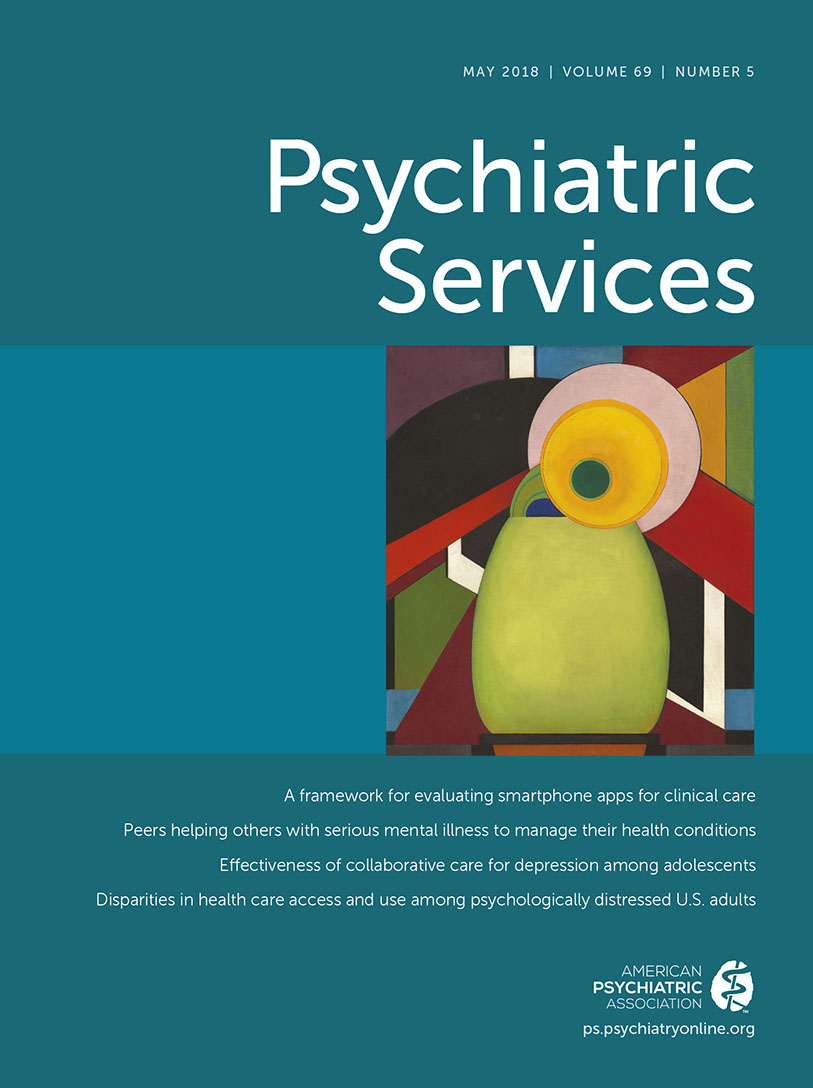Peer-Led Self-Management of General Medical Conditions for Patients With Serious Mental Illnesses: A Randomized Trial
Abstract
Objective:
Individuals with serious mental illnesses have high rates of general medical comorbidity and challenges in managing these conditions. A growing workforce of certified peer specialists is available to help these individuals more effectively manage their health and health care. However, few studies have examined the effectiveness of peer-led programs for self-management of general medical conditions for this population.
Methods:
This randomized study enrolled 400 participants with a serious mental illness and one or more chronic general medical conditions across three community mental health clinics. Participants were randomly assigned to the Health and Recovery Peer (HARP) program, a self-management program for general medical conditions led by certified peer specialists (N=198), or to usual care (N=202). Assessments were conducted at baseline and three and six months.
Results:
At six months, participants in the intervention group demonstrated a significant differential improvement in the primary study outcome, health-related quality of life. Specifically, compared with the usual care group, intervention participants had greater improvement in the Short-Form Health Survey physical component summary (an increase of 2.7 versus 1.4 points, p=.046) and mental component summary (4.6 versus 2.5 points, p=.039). Significantly greater six-month improvements in mental health recovery were seen for the intervention group (p=.02), but no other between-group differences in secondary outcome measures were significant.
Conclusions:
The HARP program was associated with improved physical health– and mental health–related quality of life among individuals with serious mental illness and comorbid general medical conditions, suggesting the potential benefits of more widespread dissemination of peer-led disease self-management in this population.




